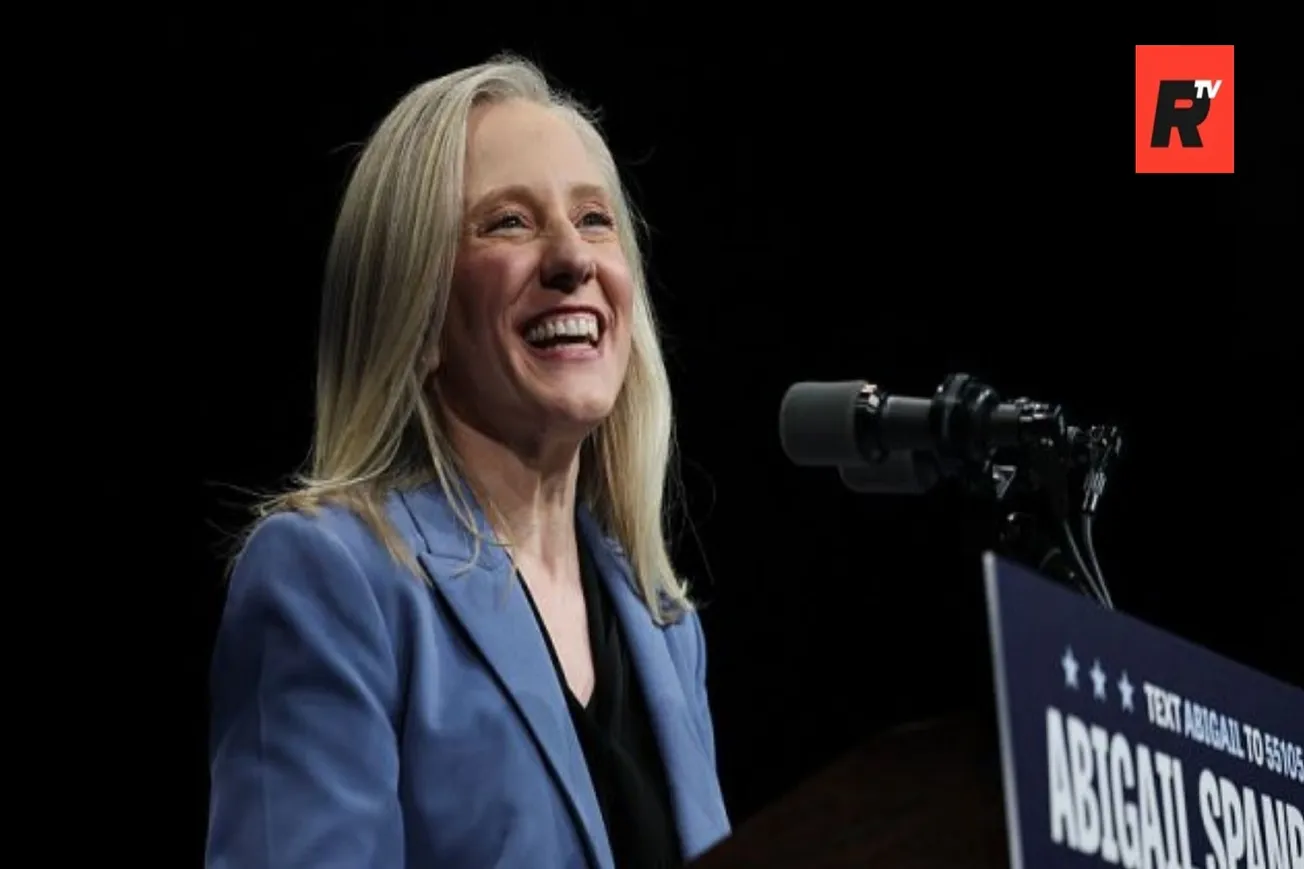Table of Contents
This administration promised total transparency. Trump vowed to end secrecy and release the nation’s most guarded files. Nowhere was that promise more charged than with the Epstein documents. No more hidden client lists. No more excuses.
Then came the pivot. A quiet DOJ memo. A staged influencer photo-op showing information that had already been public. The scandal that was supposed to expose the ruling class was managed, then buried. When people asked questions, Trump dismissed them as “bad people.”
At the center of that reversal is FBI Director Kash Patel. He entered office vowing to uncover every missing record and expose every coverup. His rhetoric electrified the base. His actions did the opposite. Over time he shifted, aligned with Trump’s U-turn, and ultimately helped shut down the very disclosures he once championed.
And while transparency evaporated, one thing became very public: Patel’s relationship with country singer and conservative influencer Alexis Wilkins. Their romance became a constant storyline inside the movement, even as trust in the administration fractured.
Then came the lawsuits.
Instead of addressing critics, Patel’s orbit chose another tactic: multi-million-dollar defamation suits aimed at conservative commentators. Not Democrats. Not legacy media. Conservatives.
America First versus America First.
Wilkins filed federal suits against Elijah Schaffer, Kyle Seraphin, and Sam Parker, each for five million dollars, accusing them of implying she is a Mossad asset. No evidence has ever supported this accusation, and Wilkins insists she has no intelligence ties whatsoever. But the lawsuits themselves became the issue. They signaled that the FBI Director’s romantic partner was using defamation law against members of her own political base, backed by Patel’s personal legal network.
Schaffer’s case is the most shocking. He retweeted a photo. No caption. No claim. No words. The lawsuit argues that the retweet “implied” Wilkins was a foreign agent. For that implication, she seeks damages equal to the valuation of his media company. Even attorneys sympathetic to Wilkins admit the theory is constitutionally fragile. Many see it for what it looks like: lawfare against political speech.
Seraphin and Parker are accused of stating or joking that Wilkins was connected to Mossad. They argue their comments were satire. Regardless, the central question remains the same. Can political speech inside a movement be punished with financial annihilation?
Because Wilkins is a public figure, the legal bar is extraordinarily high. She must prove false factual statements made with actual malice. That is difficult under any circumstances. It is nearly impossible when the alleged defamatory act is a silent retweet. Yet the suits continue, and Patel’s personal lawyer, Jesse Binnall, is running them. This pulls Patel into the center of the conflict and risks exposing private communications to discovery.
All of this unfolds alongside questions about Patel’s own conduct, including his use of a sixty million dollar FBI jet for personal travel after previously attacking Christopher Wray for the same behavior. The optics have been disastrous. The movement that once preached transparency and anti-elitism is now defending secrecy, privilege, and retaliatory lawsuits.
The consequences stretch beyond MAGA. Podcasting has become the modern public square. Independent commentators reach more people than cable news once did, but with that influence comes legal vulnerability. We saw this with Alex Jones. We see it now with Candace Owens being sued by France’s first couple. And now we see it inside the Right itself. The call is coming from inside the house.
The Patel–Wilkins lawsuits represent something much larger than personal reputations. They mark a turning point where political power, even within the conservative movement, is being used to intimidate speech and crush dissent. They force the question no one wanted to ask: Is MAGA still a movement defined by principles, or has it become a branding exercise enforced through lawsuits and silence?
MAGA was never supposed to be a personality cult. It was supposed to protect citizens from exactly this kind of institutional pressure. If America First is to mean anything, it must stand for the right to question, criticize, speak, and speculate without fear of government-adjacent retaliation.
So the choice is clear. The establishment, or the Constitution. Speech regulated by legal threats, or speech protected by principle. A movement defined from the top down, or one rooted in the rights of the citizen.
The lines are being redrawn. Choose your side.







